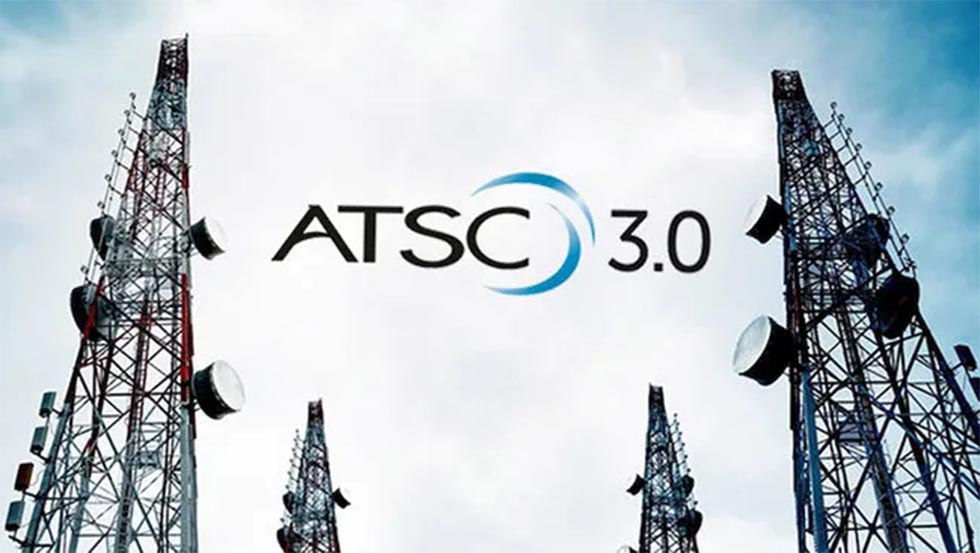LightSquared Asks FCC to Confirm Spectrum Rights
LightSquared filed a Petition for Declaratory Ruling with the FCC stating "unlicensed commercial GPS receivers are simply not entitled to interference protection from LightSquared's licensed operations in the MSS band."
LightSquared asked the FCC to declare that commercial GPS receivers "have no independent right to 'protection' from operations in adjacent MSS bands, independent of the license conditions that limit the out-of-band power that may be emitted by MSS band transmitters into the RNSS band, and other than the benefit afforded by the guard band that should separate LightSquared's terrestrial operations in the MSS band from commercial GPS operations in the RNSS band."
LightSquared also asked the FCC to declare, "The costs of ensuring that GPS devices are compatible with adjacent band operations--including any costs necessary to retrofit legacy devices--are the responsibility of GPS manufacturers--or, at a minimum, are not the obligation of MSS/ATC licensees."
The Petition for Declaratory Ruling focuses on commercial devices, although the last request would not exclude consumer GPS devices.
Jeff Carlisle, LightSquared's executive VP for regulatory affairs and public policy, commented, "The one inescapable conclusion from two rounds of independent testing is that the incompatibility problem is not caused by LightSquared's network. It is clear that GPS devices are purposefully designed to look into LightSquared's licensed spectrum, and given this evidence, we believe decision-makers should consider LightSquared's legal rights as the licensee."
The Coalition to Save Our GPS disagrees. See The Year in Review: As Proof of Harmful Interference Mounts, LightSquared Continues to Ignore the Facts.
Jim Kirkland, VP and General Counsel at Trimble said, "As we stated last night in response to LightSquared's most recent filing with the FCC, LightSquared continues to recycle the litany of inaccurate and self-serving claims it has made in its ongoing effort to deny its obligation to avoid harmful interference to millions of government and private GPS users. LightSquared continually minimizes or denies the GPS interference problem caused by its planned network, and its claims have been proven wrong again and again by overwhelming technical evidence."
Even if the FCC would agree with LightSquared's Petition, it isn't clear Congress would allow LightSquared to use its spectrum adjacent to the GPS band for terrestrial operations. The Forbes article Lightscrewed: How Washington Whipped Phil Falcone describes the politics around the controversy.
Kevin Fitchard writes on Gigaom.com Without FCC approval, bankruptcy looms for LightSquared. He says, "If LightSquared can't get more cash, it may look to sell off its primary asset, its spectrum, but it's doubtful it could get a good price for those airwaves given the cloud that currently hangs over them. If it were to get FCC approval to launch a terrestrial LTE network, those L-band licenses would be worth billions, but if it fails to win that approval, the spectrum could only be used for satellite services, which would slash their value immensely."
Get the TV Tech Newsletter
The professional video industry's #1 source for news, trends and product and tech information. Sign up below.

Doug Lung is one of America's foremost authorities on broadcast RF technology. As vice president of Broadcast Technology for NBCUniversal Local, H. Douglas Lung leads NBC and Telemundo-owned stations’ RF and transmission affairs, including microwave, radars, satellite uplinks, and FCC technical filings. Beginning his career in 1976 at KSCI in Los Angeles, Lung has nearly 50 years of experience in broadcast television engineering. Beginning in 1985, he led the engineering department for what was to become the Telemundo network and station group, assisting in the design, construction and installation of the company’s broadcast and cable facilities. Other projects include work on the launch of Hawaii’s first UHF TV station, the rollout and testing of the ATSC mobile-handheld standard, and software development related to the incentive auction TV spectrum repack. A longtime columnist for TV Technology, Doug is also a regular contributor to IEEE Broadcast Technology. He is the recipient of the 2023 NAB Television Engineering Award. He also received a Tech Leadership Award from TV Tech publisher Future plc in 2021 and is a member of the IEEE Broadcast Technology Society and the Society of Broadcast Engineers.
